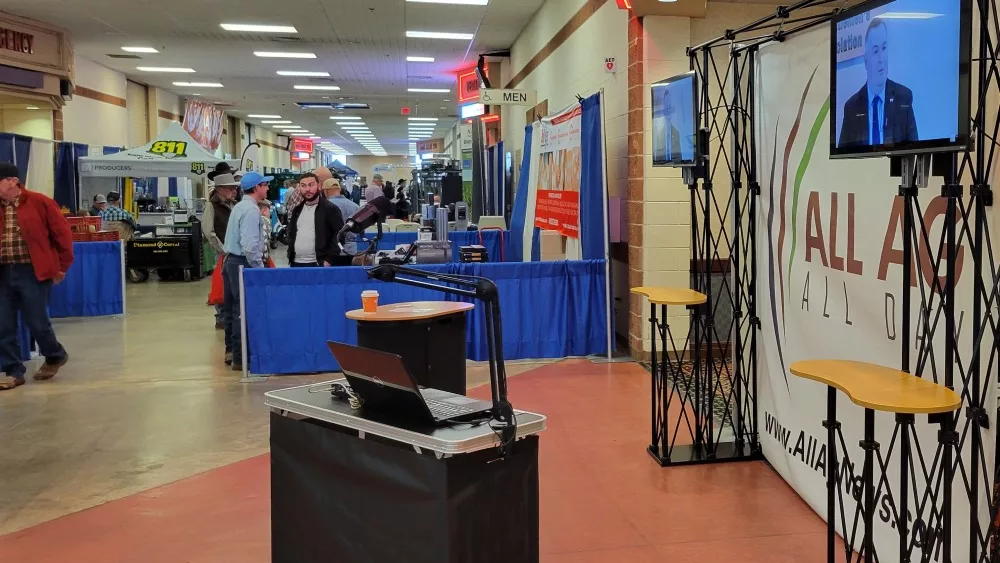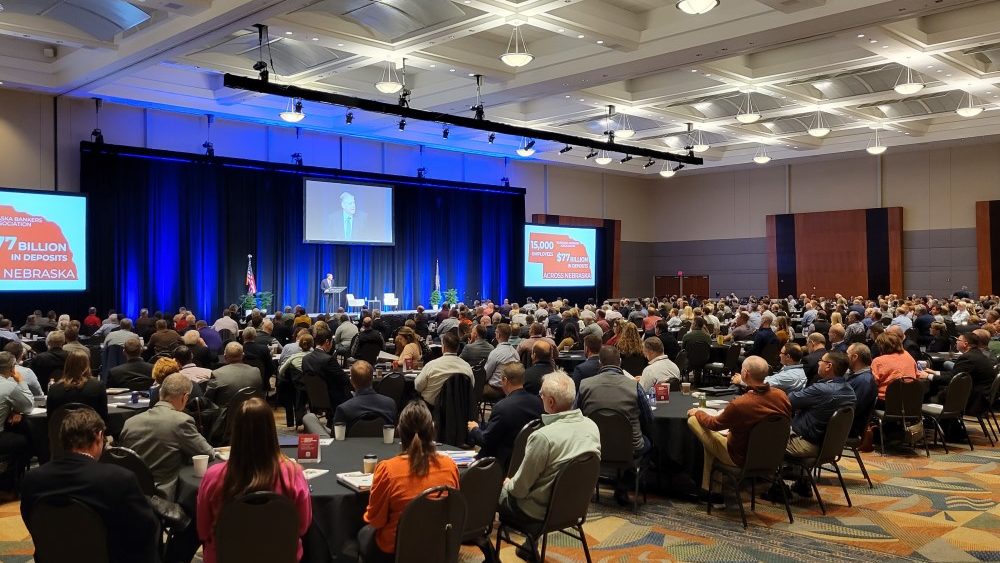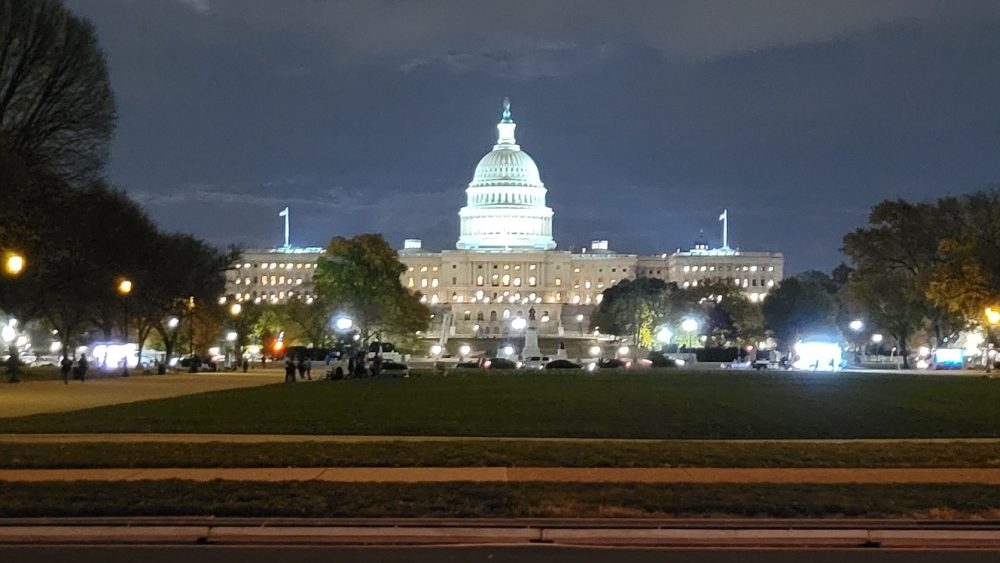
WASHINGTON, DC – Another week begins, and the optimism that Congressional Democrats will find compromise in passing two major bills appears to be fading.
Two key pieces of legislation for the Biden administration are the Infrastructure Bill, already passed by the Senate and awaiting debate in the House, and the Build Back Better initiative, also known as a human infrastructure or reconciliation bill is being written on the fly by the House.
The infrastructure measure has bipartisan support in both chambers but the reconciliation bill doesn’t have enough Democratic votes in the Senate to pass and progressive Democrats in the House have threatened to derail the bipartisan bill unless they get more social programs in the larger Build Back Better bill.
So what does this mean for agriculture?
That’s a question raised last week by the Ranking Member of the House Agriculture Committee. Rep. G.T. Thompson lamented the fact that the Ag Committee passed, along party lines, the reconciliation measure with one-third of the funding measure not yet even written in the legislation. That money is supposed to be set aside for conservation measures but Senate Ag Committee Chairwoman Sen. Debbie Stabenow (MI-D) says those provisions are now taking a “haircut” from the levels approved earlier due to the downsizing of the package from $3.5 trillion to roughly $1.8 trillion.
Stabenow does say the package continues to support a $25 per acre cover crop payment from 2022-2026, more money for EQIP (Environmental Quality Incentives Program), CSP (Conservation Stewardship Program), and technical assistance to NRCS for climate change mitigation efforts among other things.
Reports suggest the measure will also include just under $1 billion for biofuel infrastructure, additional funding forestry efforts, rural development, research, and urban agriculture initiatives. It also appears that farmer debt forgiveness provisions have survived the cut, providing a mechanism to pay minority farmers and ranchers in a move that the Chairman of the House Ag Committee, Rep. David Scott (GA-D) has been pursuing.
(SOURCE: All Ag News)




